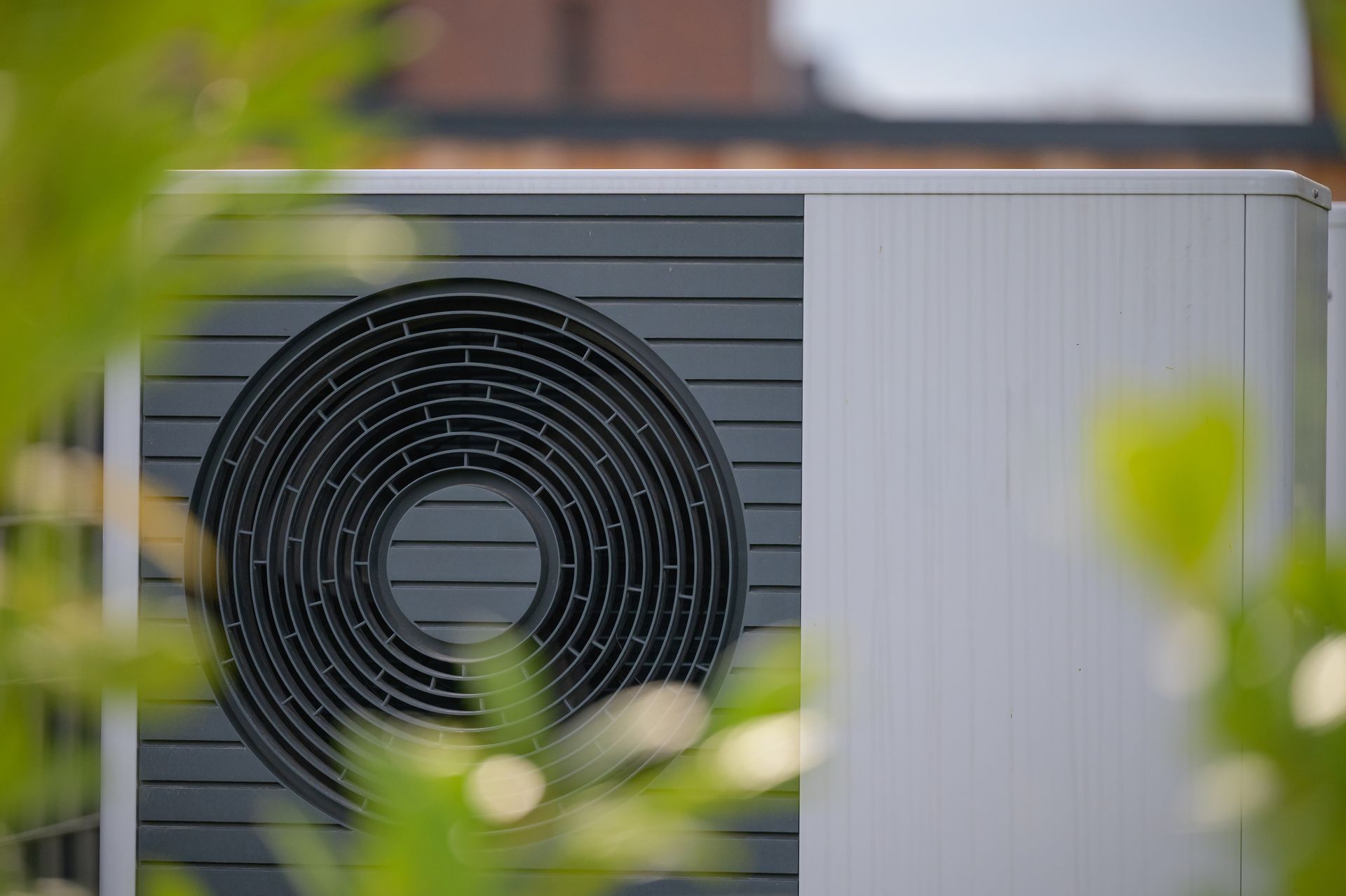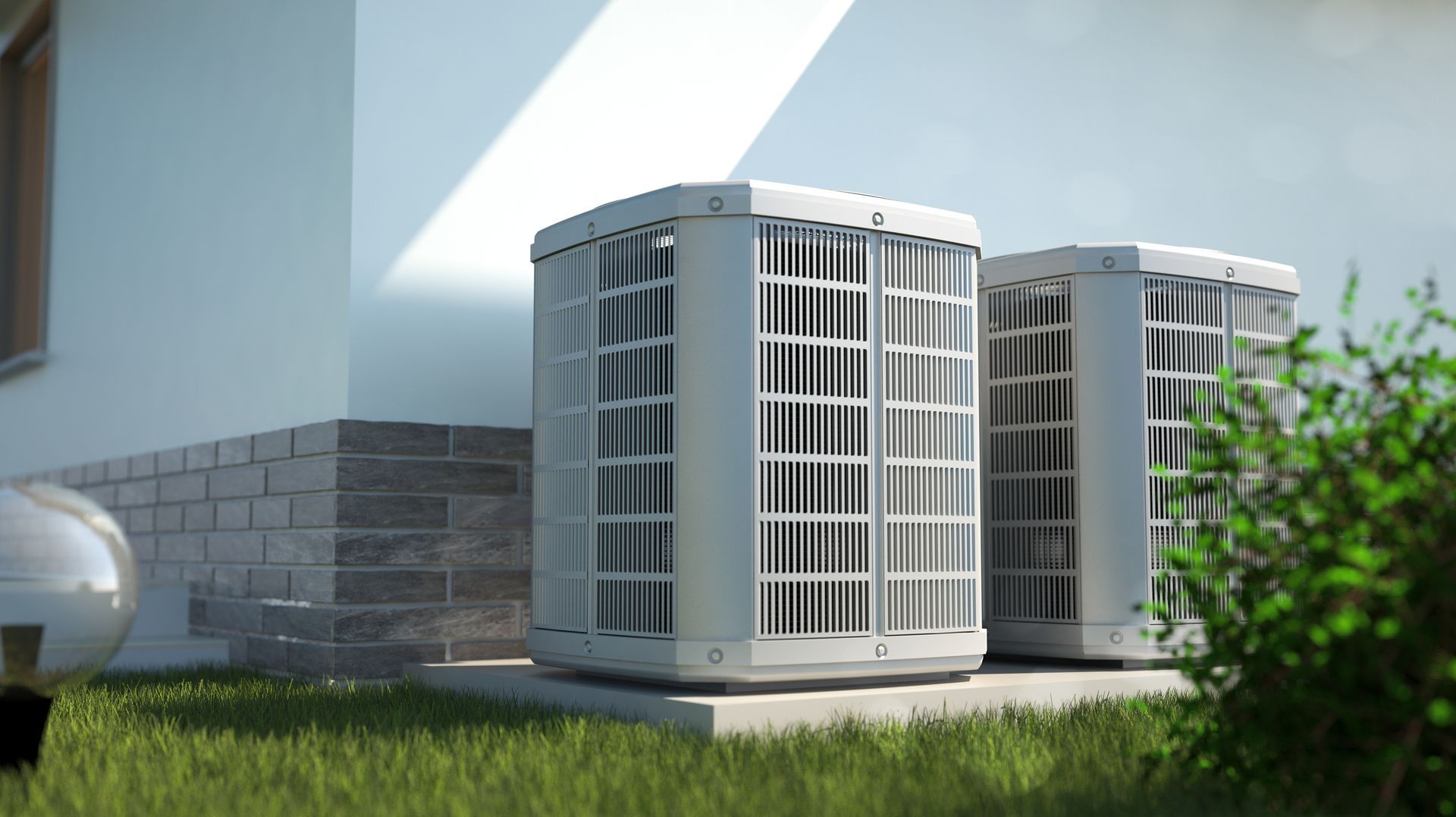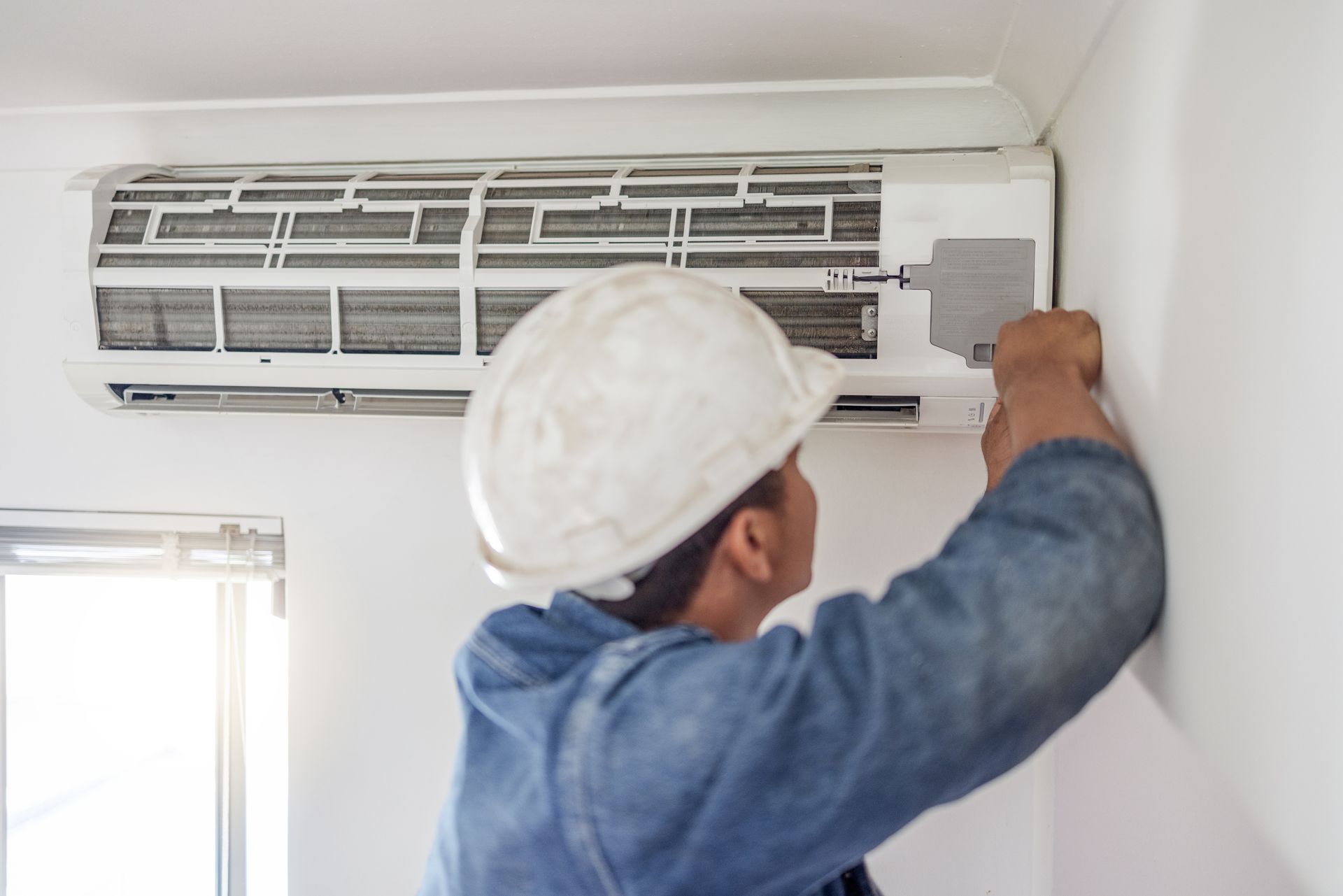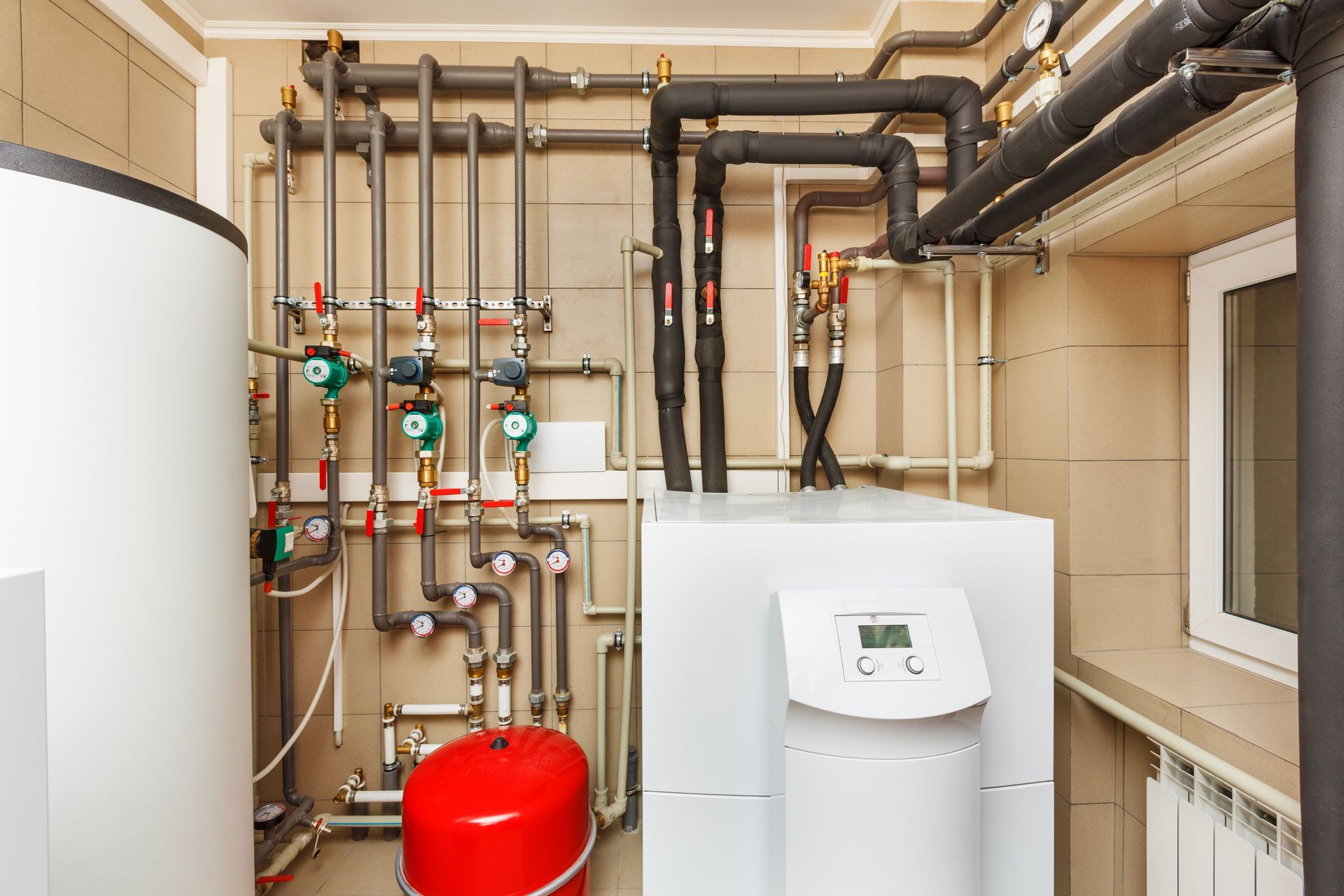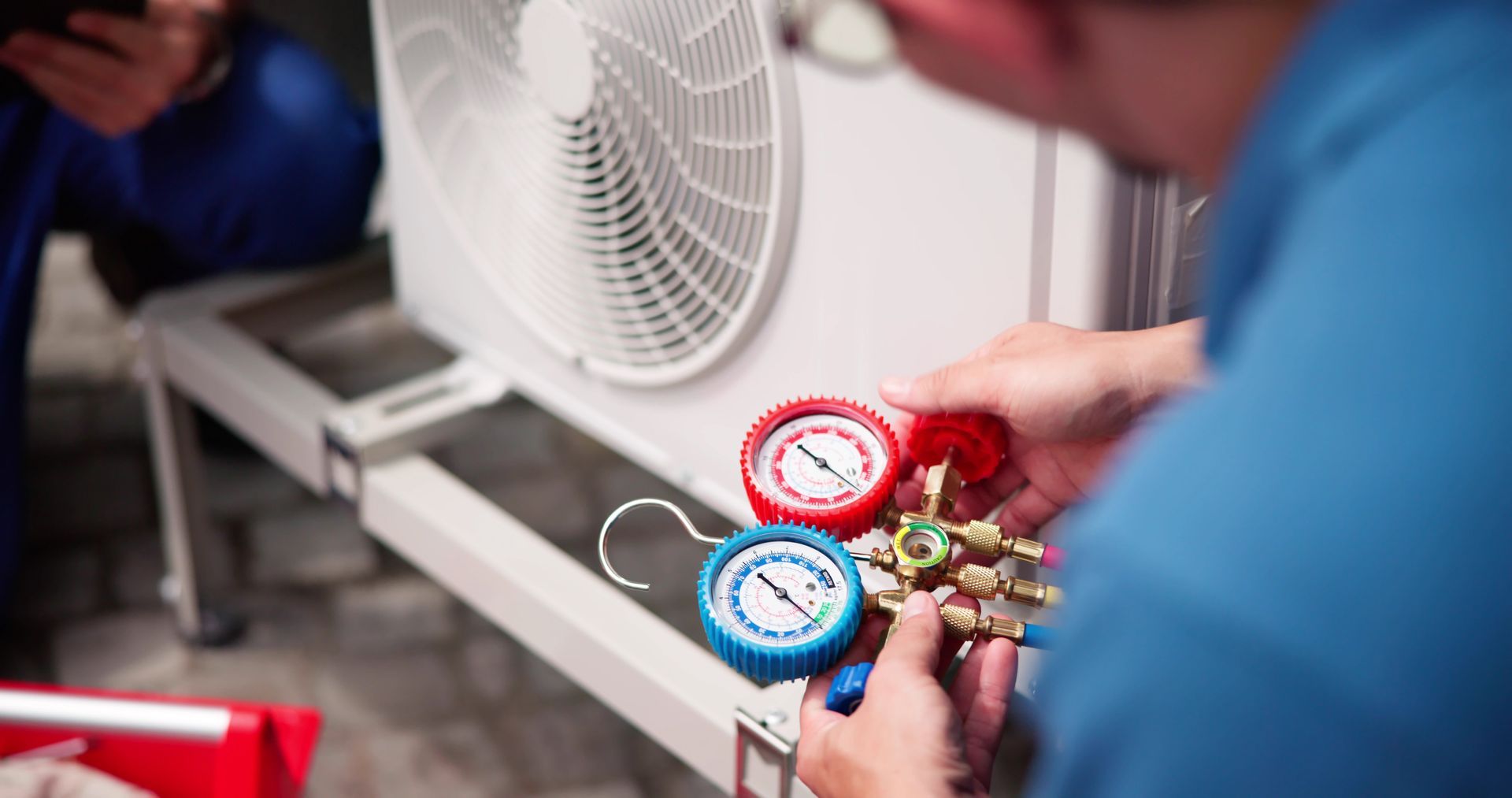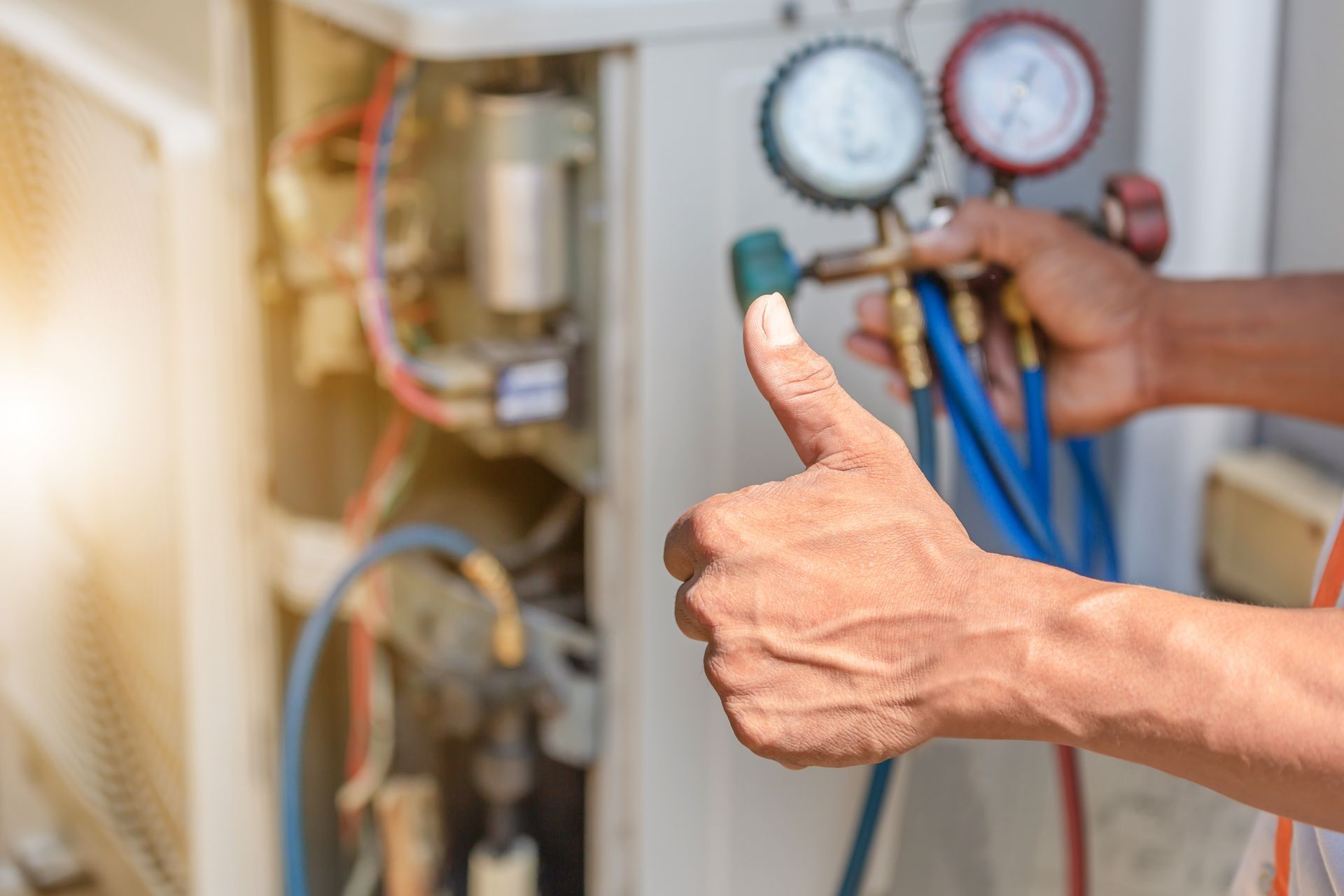HVAC Installations
Best By Farr’s HVAC Installations
Best By Farr’s HVAC installers are known for their exceptional service and expertise. They offer tailored installation plans that meet local codes and prioritize energy efficiency , ensuring comfort and lower utility bills. With a focus on proper ductwork and ventilation, their installations enhance airflow and system performance. Additionally, they provide ongoing support and maintenance options to guarantee system longevity. Discover the advantages of selecting the right installer as you explore further insights into HVAC solutions.
Best Practices for HVAC Installations
Effective HVAC installations rely on several best practices that ensure peak system performance and optimal energy efficiency.
Selecting the right size HVAC system, ensuring proper ductwork and ventilation, and committing to regular maintenance are vital steps.
Additionally, leveraging smart thermostats can enhance control and efficiency, making it important for homeowners to understand these key components for a successful installation.
Choosing the Right Size HVAC System for Your Home
When selecting an HVAC system for a home, it is essential to evaluate the unit’s size to ensure optimal comfort and efficiency.
An appropriately sized system assures maximum airflow, reduces energy costs, and enhances indoor air quality .
Consulting with professionals can help homeowners make informed decisions, fostering a sense of belonging within their community by prioritizing comfort and well-being for all.
Proper Ductwork and Ventilation Installation
Selecting the right size HVAC system is only one aspect of ensuring perfect indoor comfort; proper ductwork and ventilation installation are equally important.
Well-designed duct systems enhance airflow, improve energy efficiency, and maintain consistent temperatures throughout spaces.
Importance of Regular Maintenance for Optimal Performance
Regular maintenance plays a crucial role in ensuring the optimal performance of HVAC systems, as it significantly impacts both energy efficiency and system longevity.
Implementing regular upkeep can provide numerous benefits:
- Enhances energy efficiency
- Improves indoor air quality
- Prevents costly repairs
- Extends system lifespan
- Guarantees consistent comfort
Investing time in maintenance fosters a sense of community responsibility and belonging, guaranteeing everyone enjoys a comfortable environment.
Energy Efficiency Tips for HVAC Installations
Effective energy efficiency practices during HVAC installations greatly enhance system performance, building on the benefits obtained through regular maintenance.
Proper sizing, quality insulation, and strategic duct placement are essential. Additionally, selecting energy-efficient models helps reduce utility bills and promotes environmental sustainability.
Implementing these best practices fosters a sense of belonging within the community, as everyone benefits from a comfortable and eco-friendly living space.
Understanding and Utilizing Smart Thermostats
How can homeowners optimize their HVAC systems for both comfort and efficiency? Smart thermostats provide a modern solution.
By learning to utilize these devices effectively, homeowners can enhance their living environments.
- Remote control via smartphone
- Customized scheduling for energy savings
- Energy usage reports for informed decisions
- Integration with home automation systems
- Alerts for maintenance reminders
Embracing smart technology fosters a sense of community and a sense of belonging.
Latest Trends in HVAC Technology
The HVAC industry is witnessing transformative trends that enhance efficiency and comfort in homes and businesses. Innovations such as mini-split systems, energy-saving features , and smart home integration are becoming standard, catering to the growing demand for sustainability and convenience.
Additionally, as climate change influences weather patterns, the sector is evolving to incorporate green energy options and adaptive technologies that meet the challenges of modern living.
The Rise of Mini-Split Systems
As homeowners increasingly seek efficient and flexible climate control solutions , mini-split systems have emerged as a popular choice in the HVAC market.
These systems offer numerous advantages, making them appealing for various living spaces:
- Easy installation without ductwork
- Individual room temperature control
- Enhanced energy efficiency
- Quiet operation
- Sleek, modern design
Mini-splits provide comfort and adaptability , fostering a sense of belonging in any home.
Energy-Saving Features in New HVAC Models
With the growing emphasis on sustainability and energy efficiency , new HVAC models are incorporating advanced features that greatly reduce energy consumption while enhancing overall performance.
Innovations such as variable-speed compressors and smart thermostats optimize energy use, delivering comfort without excess waste.
Integration of Smart Home Technology in HVAC Systems
While homeowners increasingly seek convenience and efficiency, the integration of smart home technology into HVAC systems is revolutionizing climate control .
This trend offers numerous benefits that enhance daily living:
- Remote temperature control
- Energy usage monitoring
- Personalized climate settings
- Automated scheduling
- Seamless integration with other smart devices
These advancements guarantee comfort, reduce energy costs , and foster a sense of belonging in a tech-savvy community.
Green Energy Options for HVAC Installations
The integration of smart home technology has paved the way for innovative approaches to energy efficiency , making green energy options increasingly popular in HVAC installations.
Solar-powered systems, geothermal heat pumps, and energy-efficient HVAC units minimize environmental impact while reducing utility costs.
Homeowners value these sustainable solutions , fostering a sense of community and responsibility towards the planet, while enhancing comfort and promoting long-term savings.
Impact of Climate Change on the HVAC Industry and Innovations
As climate change increasingly impacts global weather patterns, the HVAC industry is responding with innovative technologies designed to enhance energy efficiency and sustainability.
Key trends include:
- Smart thermostats for optimized energy use
- Eco-friendly refrigerants reduce environmental impact
- Advanced air filtration systems improve indoor air quality
- Variable refrigerant flow technology for flexible cooling
- Renewable energy integration , such as solar-powered HVAC systems
These advancements foster a community of environmentally conscious consumers.
Factors to Consider When Choosing an HVAC Installer
When selecting an HVAC installer, several critical factors warrant careful consideration. Proper licensing and insurance guarantee that the installer adheres to industry standards, while experience and certification in specific brands can considerably impact the quality of service.
Additionally, reviewing customer testimonials and the variety of services offered, including warranties and guarantees , can provide valuable insights into the installer’s reliability and expertise.
Importance of Proper Licensing and Insurance
Choosing a qualified HVAC installer necessitates careful consideration of licensing and insurance, two critical factors that guarantee both quality service and protection for the homeowner.
- Confirms compliance with local regulations
- Protects against liability in case of accidents
- Validates technician expertise and training
- Provides peace of mind for homeowners
- Safeguards against potential financial losses
These elements are essential for a reliable and trustworthy HVAC installation experience.
Experience and Certification in Installing Specific Brands
A wealth of experience and certification in installing specific HVAC brands greatly enhances the quality and reliability of service provided by installers.
When selecting an HVAC professional, it is essential to consider their expertise with specific brands, ensuring a tailored installation and optimal performance.
This assurance fosters confidence and satisfaction, promoting a sense of belonging within a community that values efficient and trusted home comfort solutions .
Customer Reviews and References
Customer reviews and references serve as invaluable resources for individuals seeking to select a reputable HVAC installer. These insights can guide decisions and build trust .
Consider the following factors:
- Overall satisfaction ratings
- Responsiveness to inquiries
- Quality of workmanship
- Reliability during emergencies
- Recommendations from friends and family
Evaluating these aspects fosters confidence in the chosen HVAC professional, ensuring a positive and lasting experience .
Variety of Services Offered: Installation, Maintenance, Repair
When evaluating potential HVAC installers , the range of services they offer—spanning installation, maintenance, and repair—plays a crucial role in ensuring long-term comfort and efficiency.
Extensive service options indicate a commitment to customer satisfaction and reliability. By choosing an installer that provides a comprehensive range of HVAC solutions, homeowners can create a nurturing environment, ensuring their systems operate at optimal performance year-round.
Warranty and Guarantees Offered by the Installer
Selecting an HVAC installer involves careful consideration of the warranties and guarantees they provide, which serve as a demonstration of the quality and reliability of their services.
Factors to evaluate include:
- Length of warranty period
- Coverage details (parts and labor)
- Transferability of warranty
- Customer support during warranty claims
- Reputation for honoring guarantees
These factors guarantee peace of mind and foster trust in the chosen installer.
Cost Factors in HVAC Installations
Cost factors in HVAC installations are influenced by several elements, including the type of system chosen and the specific needs of the home.
Key considerations, such as location, size, and potential upgrades, can significantly impact overall expenses, making it essential for homeowners to explore their financing options thoroughly .
To ensure the best value, obtaining multiple quotes from different installers is essential for understanding both the initial and long-term costs associated with various HVAC systems.
Comparison of Different Types of HVAC Systems and Their Costs
Understanding the various types of HVAC systems and their associated costs is crucial for homeowners and business owners alike, as these factors significantly impact comfort and energy efficiency .
- Central Air Conditioning: Effective for larger spaces.
- Ductless Mini-Splits: Flexible and energy-efficient.
- Heat Pumps: Dual heating and cooling capabilities.
- Geothermal Systems: Eco-friendly, long-term investment .
- Window Units: Budget-friendly, ideal for small areas.
Factors That Affect the Cost of Installation: Size of Home, Location, Upgrades
When considering HVAC installations , various factors considerably influence the overall expenses involved.
The size of the home determines the system capacity required, while location affects installation costs due to accessibility and regional labor rates.
Additionally, upgrades, such as energy-efficient models or advanced thermostats, can greatly impact pricing.
Understanding these elements guarantees homeowners make informed decisions that enhance comfort and value in their living spaces.
Financing Options for HVAC Installations
How can homeowners manage the financial burden of installing an HVAC system? Exploring financing options can make this process easier.
- Flexible payment plans
- Low-interest financing
- Seasonal promotions
- Energy efficiency rebates
- Tax incentives
Importance of Getting Multiple Quotes from Installers
Why settle for a single perspective when homeowners can benefit from obtaining multiple quotes for HVAC installations?
Comparing estimates enables homeowners to identify variations in service levels, pricing structures, and expertise. This practice fosters informed decision-making , ensuring a fair investment in home comfort.
Understanding the Lifetime Cost of Different HVAC Systems
Obtaining multiple quotes and aiding in selecting the right HVAC installer also lays the groundwork for understanding the lifetime costs associated with different HVAC systems.
Key cost factors include:
- Initial installation expenses
- Energy consumption efficiency
- Maintenance and repair costs
- System longevity and replacement needs
- Environmental impact and possible rebates
Each factor contributes to informed decision-making , fostering a sense of community and belonging among homeowners.
Upgrading Your HVAC System for Better Performance
Upgrading an HVAC system can significantly enhance performance and efficiency, making it a crucial consideration for homeowners and businesses alike.
Recognizing the signs that an upgrade is necessary, such as rising energy bills and inconsistent temperatures, is the first step toward improved comfort.
High-efficiency systems not only provide energy savings but also contribute to better indoor air quality , making the choice to upgrade a smart investment for any property.
Signs That Your HVAC System Needs an Upgrade
Is it time for a change in one’s HVAC system ? Recognizing the signs of needed upgrades is essential for maintaining comfort and efficiency .
- Increasing energy bills
- Frequent repairs
- Inconsistent temperatures
- Noisy operation
- System age over 10-15 years
Being aware of these indicators can foster a sense of belonging within a community that values comfort and sustainability in their homes.
Benefits of Upgrading to a High-Efficiency System
When homeowners consider enhancing their HVAC systems, shifting to a high-efficiency model can yield substantial benefits that extend beyond mere comfort.
These systems reduce energy consumption, resulting in lower utility bills while promoting a healthier indoor environment .
Additionally, high-efficiency units often feature advanced technology, ensuring reliable performance and longevity, creating a sense of belonging to a community that values sustainability and well-being.
Different Options for Upgrading Existing HVAC Systems
Enhancing HVAC systems can significantly improve performance and energy efficiency , offering homeowners a range of options to consider.
Consider these upgrade possibilities :
- High-efficiency models
- Smart thermostats
- Ductless mini-split systems
- Variable-speed blowers
- Air purification technologies
Each option offers distinct benefits, ensuring a tailored approach that meets individual needs and enhances overall home comfort.
Effect of Upgrading on Energy Savings and Indoor Air Quality
Upgrading an HVAC system considerably impacts both energy savings and indoor air quality , making it a worthwhile investment for homeowners.
Enhanced efficiency results in lower energy bills while improved filtration systems reduce allergens and pollutants, fostering a healthier living environment.
These upgrades not just elevate comfort but additionally contribute to a sense of well-being, helping families feel more at home in their spaces.
Hiring an Experienced Installer for HVAC System Upgrades
Selecting a qualified installer for HVAC system upgrades is essential for achieving ideal performance and efficiency.
An experienced installer guarantees maximum functionality and longevity of the system, contributing to a comfortable living environment.
- Expertise in local climate conditions
- Knowledge of energy-efficient technologies
- Customized installation for unique needs
- Commitment to quality and safety
- Ongoing support and maintenance options
Conclusion
To sum up, selecting Best By Farr for HVAC installations guarantees access to high-quality expertise, cutting-edge technology, and tailored solutions that enhance both comfort and efficiency. With a deep understanding of industry trends and a commitment to customer satisfaction , their skilled technicians are equipped to handle any installation with precision. By prioritizing quality and value, Best By Farr not just meets but exceeds expectations, solidifying their position as the go-to choice for HVAC needs in Cottonwood, AZ .
Recent Posts
